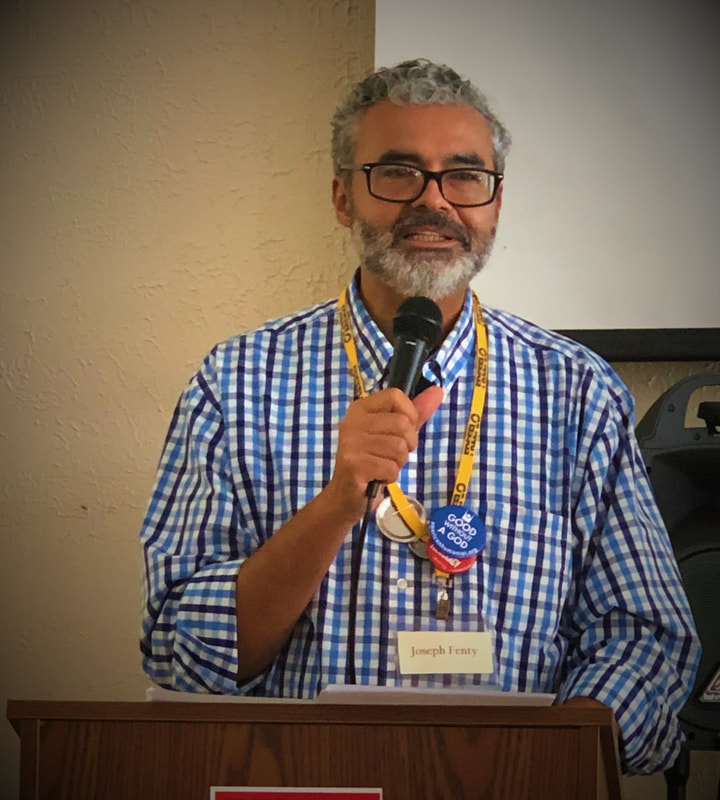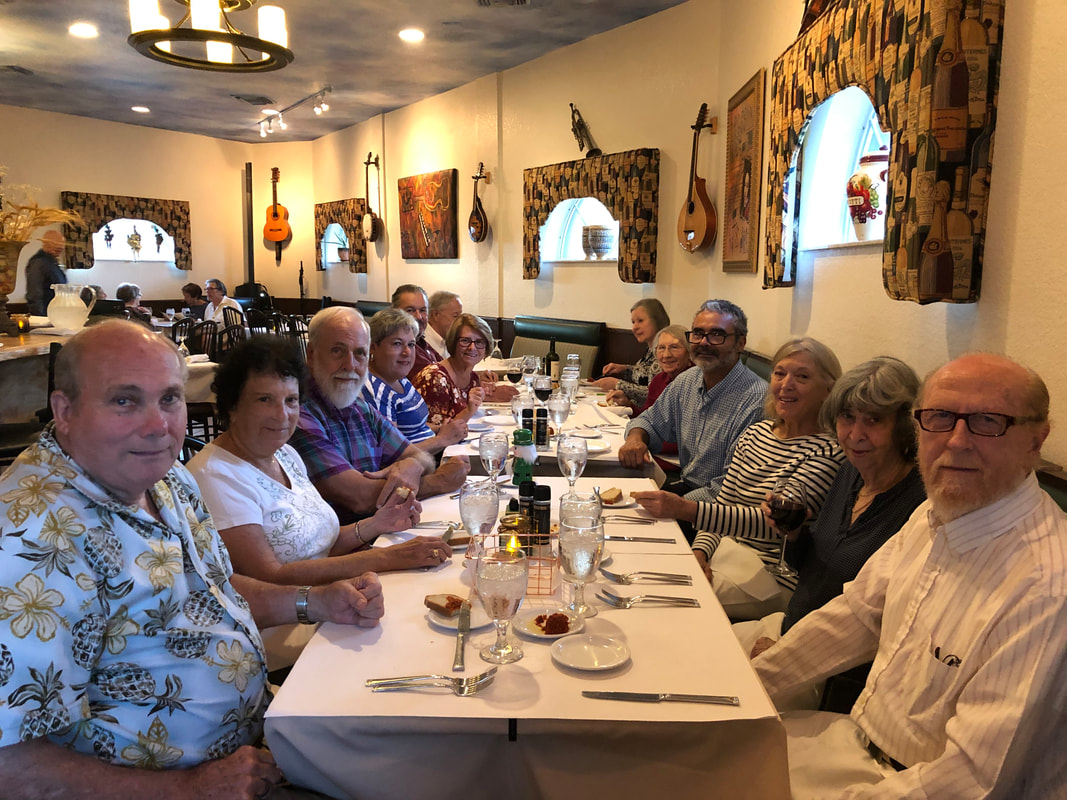Welcome to the Secular community of sw florida
We are a community of atheists, agnostics and skeptics.Our mission is to defend and support the principles of free speech and the separation of church and state through activism, education and community outreach programs.
We are a community committed to advancing the use of reason, logic and science in the areas of education and public policy. We believe that ethical values shaped by secular humanism offers the best way to achieve a world that is free of prejudice, discrimination and harmful religious indoctrination. We are committed to expanding the influence, reputation and impact of secular people.
|
First Amendment to the US Constitution
|
Congress shall make no law respecting an establishment of religion, or prohibiting the free exercise thereof; or abridging the freedom of speech, or of the press; or the right of the people peaceably to assemble, and to petition the Government for a redress of grievances.
|
communityWe host social events that build a sense of community. We meet to socialize on the ZOOM meeting platform each week. After the CDC has given its permission to resume meeting in person, we will host in-person events.
|
activismThoughts and prayers aren’t enough, so it is important for us to show what actually makes a difference in the lives of people who need help. We take a proactive stance at the local and state levels by proposing smart, targeted legislation and policies that move the needle toward equality in ways that impact the day-to-day lives of our communities.
|
serviceWe support organizations devoted to social justice such as food pantries and homeless shelters.
|
educationWe are curious about the world and how it works. In addition, we support student scholarships to help students understand the importance of the First Amendments. We host educational meetings on ZOOM and discuss topics in the areas of politics, biology, evolution, psychology, sociology, philosophy, religion and technology.
|


